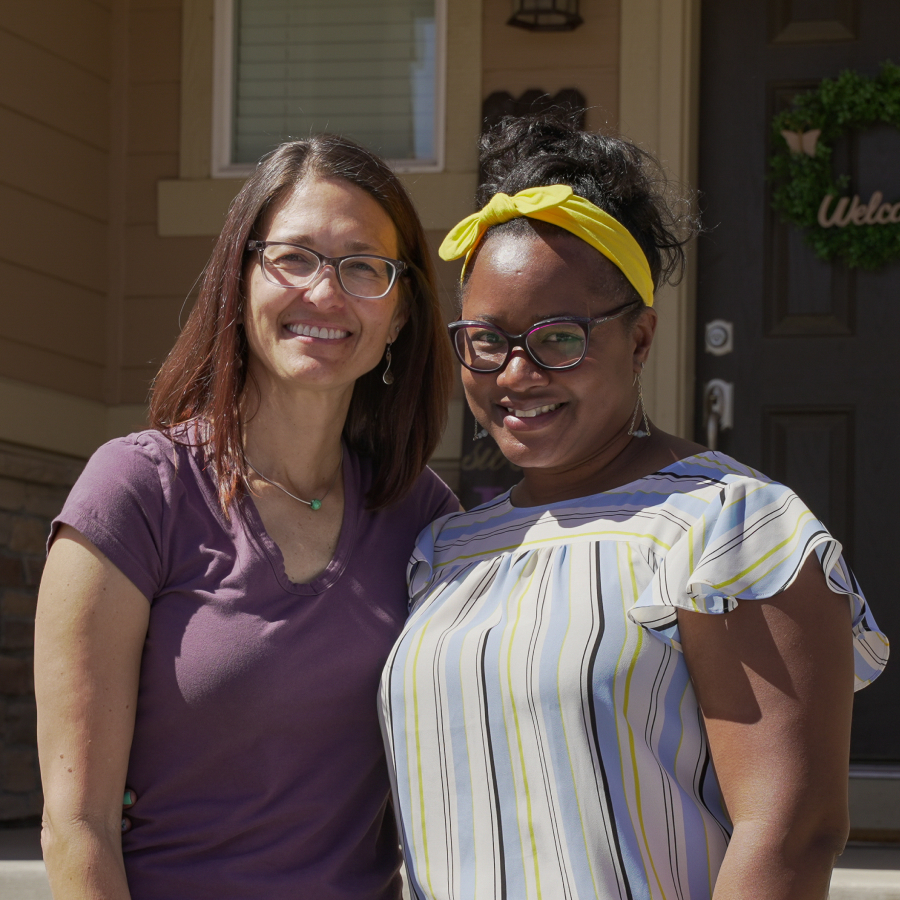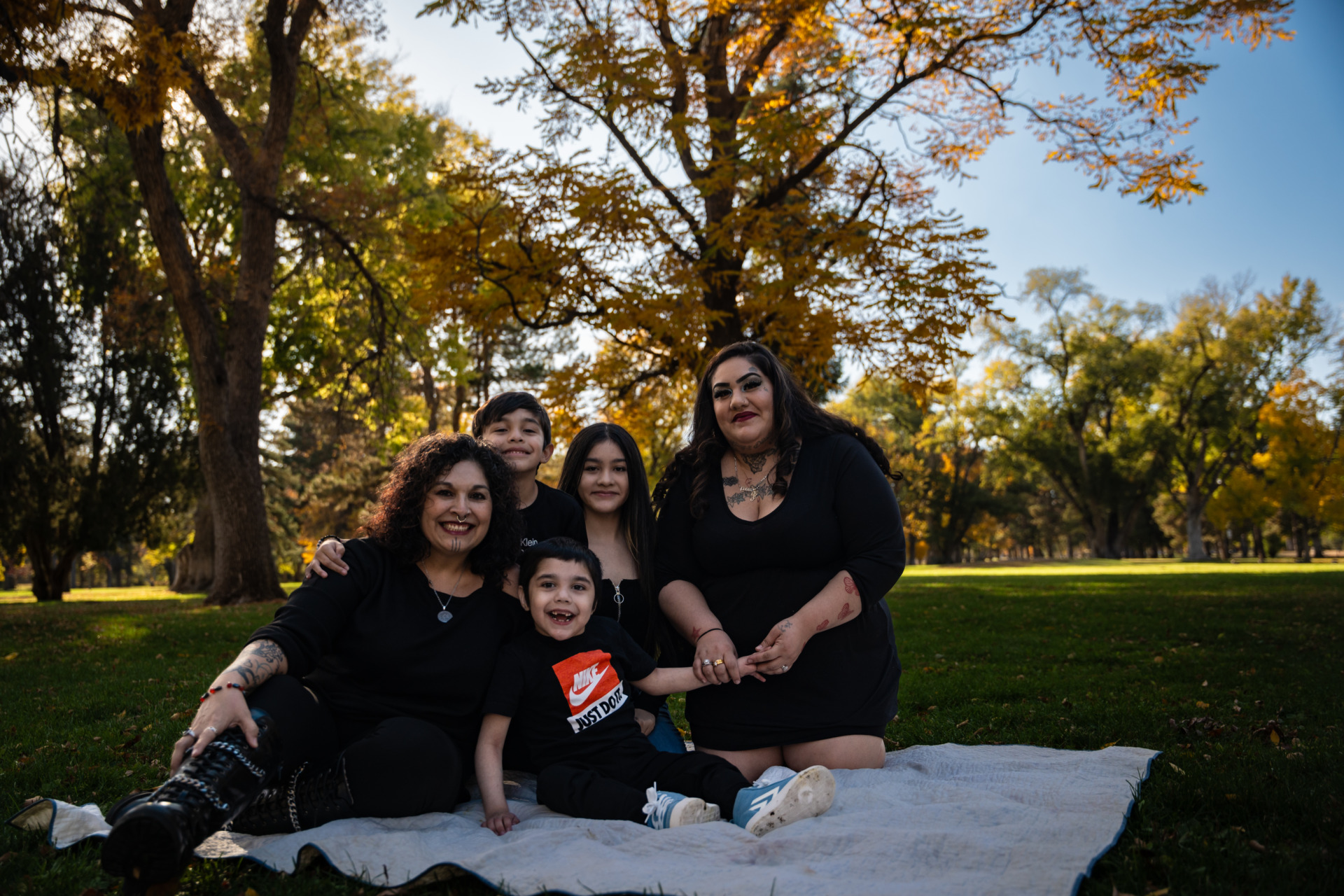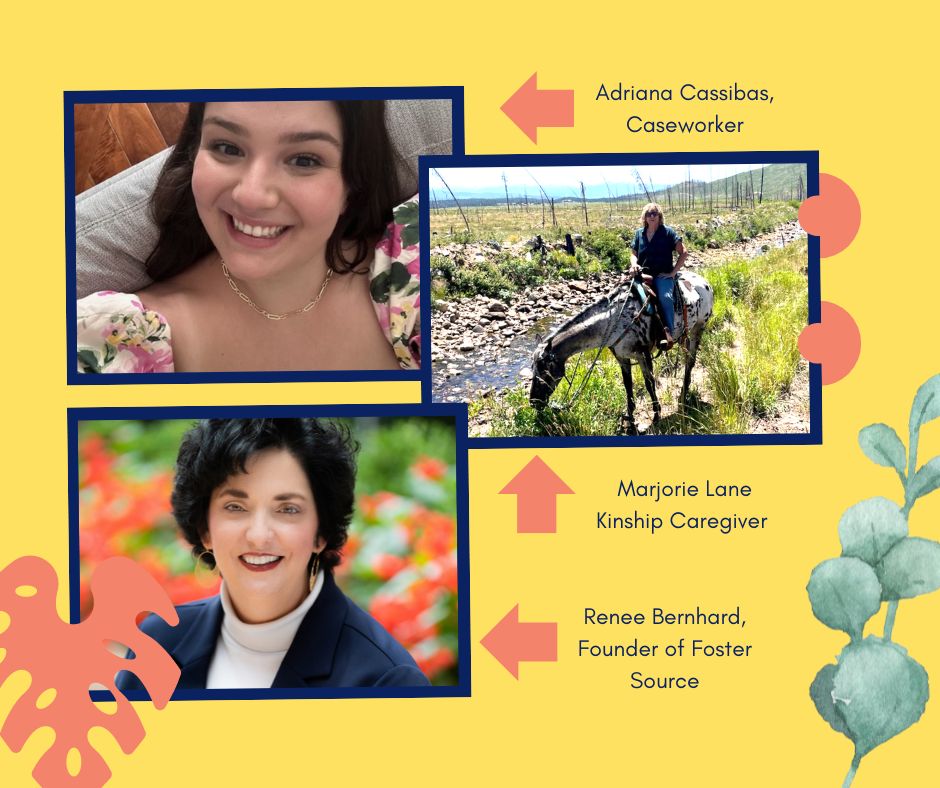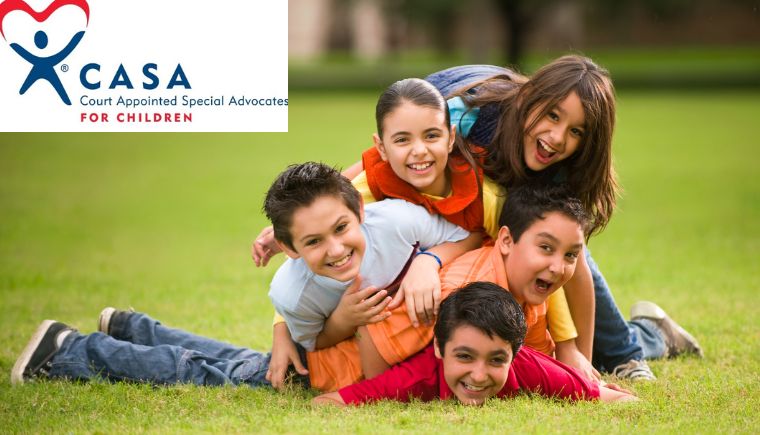

Governor Polis has proclaimed September as Kinship Care Month in Colorado.
Kinship Care Month honors the important role kinship caregivers play in the lives of children and youth who temporarily cannot stay with their parents or guardians.
Kinship care keeps families together, and research suggests that placing children and adolescents with relatives or other kin enhances mental well-being, stability, and behavioral outcomes. Kinship care also minimizes trauma and increases permanency for children and youth preserving their cultural identity and community connections.

CO4Kids is the Colorado Department of Human Services’ statewide initiative to provide awareness about Colorado’s child welfare system. It focuses on educating the public about the signs of child abuse and neglect, while raising awareness about the Hotline (844-264-5437) to report concerns related to a child or youth. CO4Kids also strives to strengthen families as a means of preventing abuse and neglect from happening in the first place, helping all Colorado kids have a safe environment. Finally, the campaign is committed to recruiting and retaining foster and adoptive parents, so that when an out of home placement is unavoidable, a child has a safe place to thrive.
The more you know, the safer Colorado children are, and the stronger their families can be.

Emotional abuse or psychological abuse, also referred to as psychological neglect, is a pattern of behavior that impairs a child or youth’s emotional development or sense of self-worth. This may include constant criticism, threats or rejection, as well as withholding love, support, or guidance.
Sexual abuse is defined as the employment, use, persuasion, inducement, enticement, or coercion of any child or youth… to engage in, or assist any other person to engage in, any sexually explicit conduct or simulation of such conduct, for the purpose of producing a visual depiction of such conduct…or the rape, and in cases of the caretaker or inter-familial relationships, statutory rape, molestation, child sex trafficking, or incest with children.
Emotional abuse or psychological abuse, also referred to as psychological neglect, is a pattern of behavior that impairs a child or youth’s emotional development or sense of self-worth. This may include constant criticism, threats or rejection, as well as withholding love, support, or guidance.
Some children and youth reside in an institution, such as a group home or psychiatric care facility. Child protective service employees must ensure children an youth’s safety while they are in an institution’s care. It is possible that any form of abuse or neglect may occur while a child or youth is in the care of an institution. If the maltreatment is caused by employees of the institution, it is classified as institutional abuse.
Physical abuse is any non-accidental physical injury (ranging from minor bruises to severe fractures or death) as a result of punching, beating, kicking, biting, shaking, throwing, stabbing, choking, hitting (with a hand, stick, strap, or another object), burning, or otherwise harming a child, that is inflicted by a parent, caregiver, or another person who has responsibility for the child or youth.
The two forms of child trafficking are sex trafficking and labor trafficking.
Child sex trafficking occurs when an individual younger than 18 engages in sex trading or commercial sex. A child or youth may be forced, threatened or recruited into the sex trade or may be engaging in survival sex. All children and youth, regardless of their nationality or place of birth, can be vulnerable to sex trafficking. The majority of traffickers are known to the victim (parents, relatives, friends, boyfriends/girlfriends).
Child labor trafficking can take many forms, the most common being debt bondage and forced labor. Traffickers can be a parent, guardian, sibling or another non-related caregiver. They can also be a peer, acquaintance or employer.
24 hours Colorado Child Abuse and Neglect Hotline
Anyone witnessing a child in a life-threatening situation should call 911 immediately.
Abuse does not include discipline administered by a parent, guardian, or custodian to his or her child provided that discipline is reasonable in manner, moderate in degree, or otherwise does not constitute cruelty. Physical discipline, such as spanking or paddling, may not be considered abuse as long as it is reasonable and causes no bodily injury to the child. This distinction depends on several factors, including age, circumstances, location, triggering events, recurrence, developmental disability, physical or mental health of the child.
When thinking about leaving children alone, whether for a short or long time, it is important for parents to consider the risks involved. There are many potential risks to children that must be considered. However, it is important to realize that there can be risks for parents as well. Parents in all states are legally responsible for their children’s welfare until they reach adulthood. Part of caring for children is providing adequate supervision. Under some circumstances a parent can be charged with neglect for leaving children unattended.
Once a you make a report of suspected child abuse and/or neglect to child protective services, there are many functions to fulfill as the child welfare safety net team continues to work toward keeping Colorado children safe. After you have made a report, you may never learn the outcome of the assessment. If so, please trust the child safety net and others on the team to continue to look out for the welfare of Colorado’s children.




CO4Kids is the Colorado Department of Human Services’ statewide initiative to provide awareness about Colorado’s child welfare system. It focuses on educating the public about the signs of child abuse and neglect, while raising awareness about the Hotline (844-264-5437) to report concerns related to a child or youth. CO4Kids also strives to strengthen families as a means of preventing abuse and neglect from happening in the first place, helping all Colorado kids have a safe environment. Finally, the campaign is committed to recruiting and retaining foster and adoptive parents, so that when an out of home placement is unavoidable, a child has a safe place to thrive.